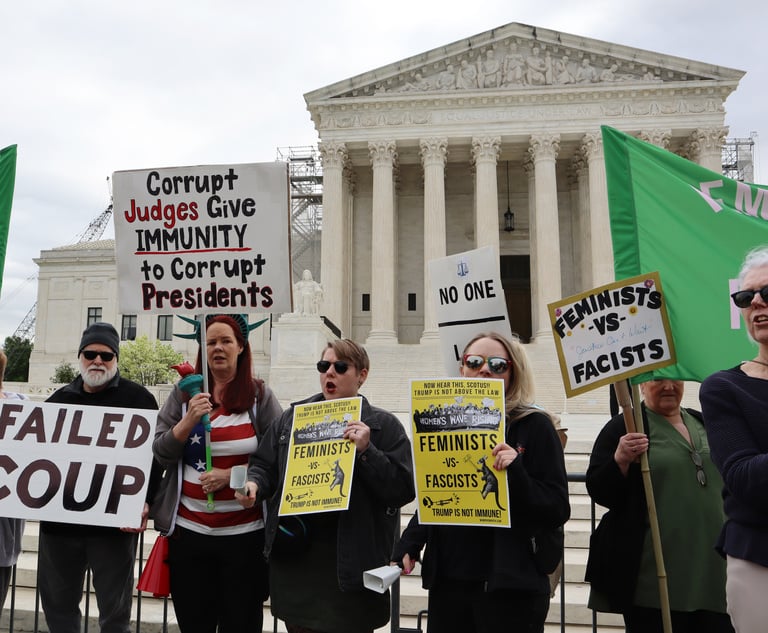It’s often a scary proposition for a lawyer.
A judge actually sees a crime being committed before her in testimony, or discovers it reading the court record in the case. If you’re representing the “wrongdoer”—the object of the judge’s ire—the last thing in the world you would want is for the judge herself to seriously consider referring your client to a prosecutor, state or federal. You naturally fear—rightly or wrongly, but usually rightly—that if it’s a judge making a criminal referral to the chief prosecutor (as is usually how it’s done), it will receive outsized attention. After all, the judge has juice—clearly, far more than when the complainant is simply the litigator or litigant adverse to your (possibly) wrongdoing client. Indeed, prosecutors recognize that a litigant or his litigator referring someone for potential prosecutions is generally doing so for a tactical advantage in the litigation. That, however, is not the judge’s motivation.


 Credit: sirtravelalot/Shutterstock
Credit: sirtravelalot/Shutterstock




